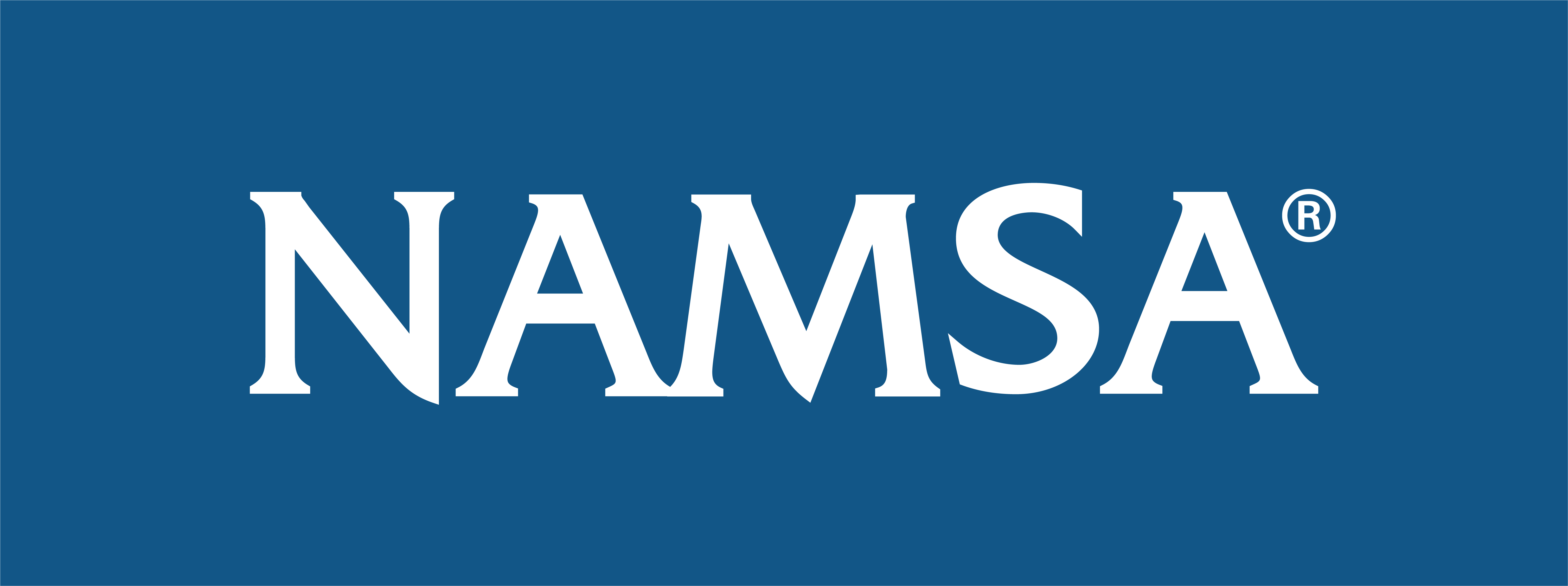Like several other geographies throughout the globe, the Country of Japan has its own Quality Management System (QMS) Ordinance for medical devices, which subsists of ISO 13485 requirements and additional country-specific standards. All medical products marketed and sold in Japan must be manufactured in accordance with these QMS requirements in mind.
It is important to note that QMS approvals are granted on a per product basis, and require inspections for each product line. However, Japan does offer various opportunities to streamline the approval process by leveraging previously gained QMS certificate approvals, issued by either the Pharmaceuticals and Medical Devices Agency (PMDA) or a registered Notified Body, for new or updated products.
QMS Pre-Approval Inspections
To adequately satisfy Japanese QMS standards, device manufacturers must first undergo a pre-approval inspection, which is conducted during the regulatory review period for product manufacturing authorization. Applicants must submit a QMS inspection request within ten (10) days of submitting their product marketing application. (To learn more about this process, please visit our previous blog post on this subject here.)
However, QMS pre-approval inspections can be eliminated if a product under submission is manufactured by the same company, is in the same product family category, and has already received QMS approval status. The new product under submission must also be comprised of the same manufacturing sites, including sterilization facilities, to qualify. If manufacturing facilities differ slightly, such as a variances in sterilization facilities, the need for a QMS inspection may be negotiated with Japan’s PMDA.
If a device manufacturer meets the above criteria, they may submit the original product QMS Inspection Result Notification from the inspection authority to automatically be qualified for QMS approval of the new or updated product.
QMS Post-Approval Inspections
Following QMS approval, device makers must undergo periodic post-approval inspections which occur every five years, on average. Japan requires that medical device manufacturers apply for a QMS renewal prior to the certification expiration date. Typically, it takes six months from QMS submission to QMS compliance approval (QMS Inspection Result Notification).
Due to this timing, it is suggested that the designated Marketing Authorization Holder (MAH) or Designated Marketing Authorization Holder (D-MAH) apply for a post-approval inspection at least six months prior to the QMS certification expiration date. Important note: if a product has been accredited by a Notified Body, an annual surveillance audit is required; this includes Class III or Class II products holding standard certifications.
Conclusion
As demonstrated above, Japan’s QMS inspections are deeply rooted in product-based approaches and tied directly to appropriate review and approval processes. Well-planned scheduling is necessary to continuously maintain correct QMS certifications.
NAMSA’s global regulatory experts welcome the opportunity to discuss strategic options related to global medical device development, including identifying the best-fit regulatory strategy that will lead to product success. Please contact us at communications@namsa.com or visit our newly-released Japanese website to learn more: http://namsa.co.jp/.
Leah Davidson, MA, MBA, PCM
Leah has been with NAMSA since 2016 and currently serves as Senior Manager of Global Marketing Communications. She possesses nearly 25 years' experience within the medical device and healthcare technology industries and has worked in various marketing and communications capacities throughout her career. In her role at NAMSA, she is responsible for the development and implementation of brand strategies and marketing communications initiatives that help drive the organization's sales and organizational growth goals globally.
